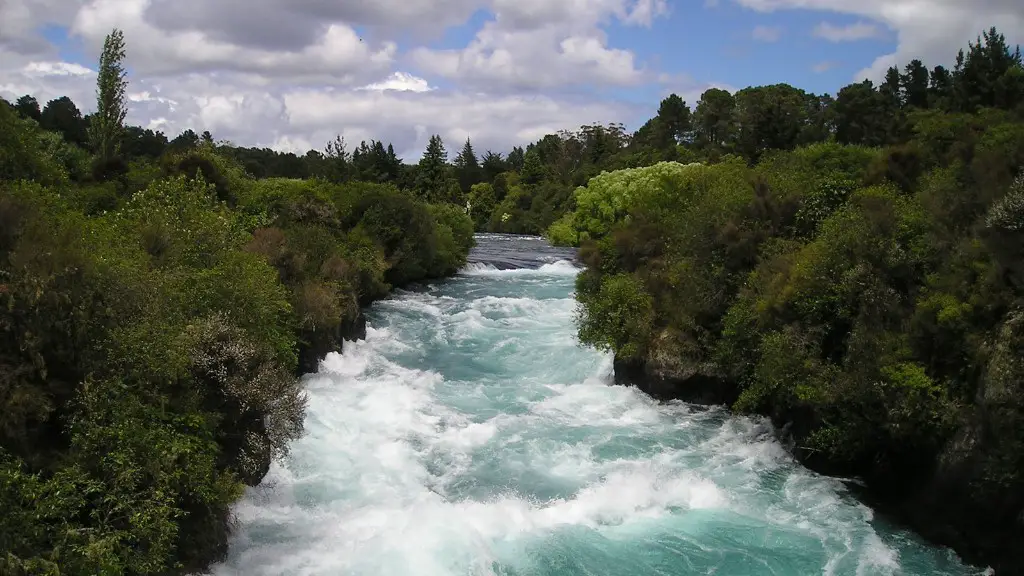Raymond Strasser is a passion-driven writer and researcher, dedicated to educating readers on the topic of world rivers. With a background in Geography and Environmental Studies, Raymond provides insightful pieces which explore the impact and importance that rivers have around the world.
